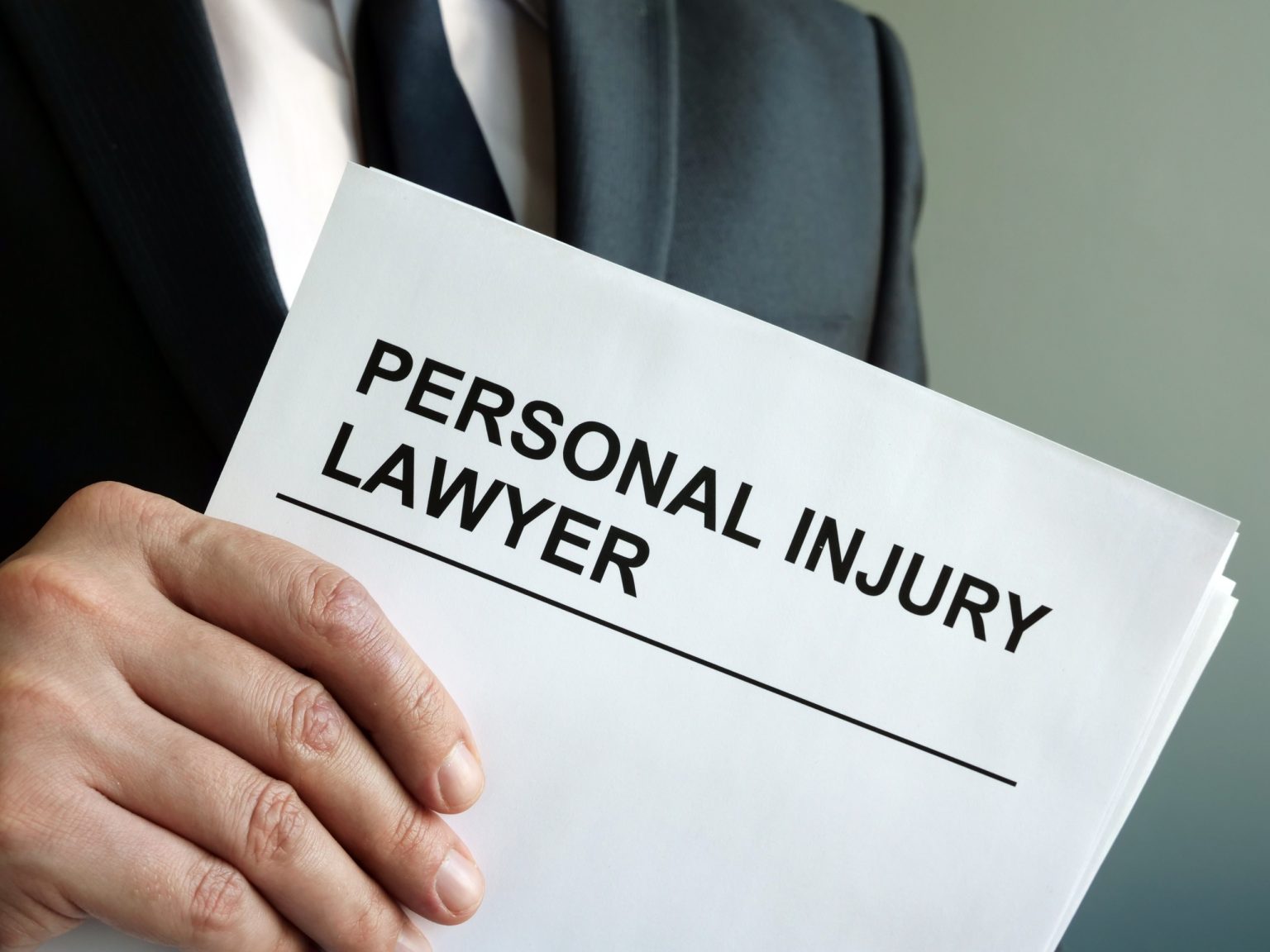Introduction
Personal injuries are unfortunate incidents that can disrupt lives, cause immense physical and emotional pain, and often result in financial burdens. Whether it’s a slip and fall, a car accident, medical malpractice, or any other type of accident caused by someone else’s negligence, seeking justice and fair compensation becomes essential for victims. However, navigating the legal system and understanding the complexities involved can be daunting. This comprehensive guide aims to shed light on the path to personal injury justice, providing valuable insights and actionable steps to help victims through their journey.
1. Understanding Personal Injury Claims
Before delving into the legal process, it’s crucial to comprehend what constitutes a personal injury claim. Personal injury refers to any physical or emotional harm suffered due to another party’s negligence, carelessness, or intentional actions. The key elements that form the basis of a personal injury claim include:
a) Duty of Care: The responsible party must have had a legal obligation to exercise reasonable care to prevent harm to others.
b) Breach of Duty: The responsible party failed to uphold the duty of care, leading to the injury.
c) Causation: There must be a direct link between the breach of duty and the resulting injury.
d) Damages: The victim must have incurred measurable damages, such as medical expenses, lost wages, pain, and suffering.
2. Seeking Medical Attention
Following an accident, the first and most crucial step is to seek immediate medical attention. Even if the injuries seem minor at first, some conditions may manifest later and worsen without timely treatment. Additionally, medical documentation is vital for establishing the link between the accident and the injuries, which strengthens the personal injury claim.
3. Preserving Evidence
Gathering evidence is paramount in building a strong case. This may include:
a) Taking photographs of the accident scene, injuries, and property damage.
b) Obtaining contact information of any witnesses present at the scene.
c) Keeping copies of medical reports, bills, and any other relevant documents related to the injury and treatment.
d) Preserving any physical evidence, such as a defective product or damaged equipment that contributed to the accident.
4. Consulting with a Personal Injury Attorney
Navigating the legal process alone can be overwhelming and risky, especially when dealing with insurance companies and opposing legal teams. Hiring an experienced personal injury attorney can make a significant difference. An attorney can:
a) Explain the applicable laws and statute of limitations relevant to the case.
b) Evaluate the strength of the claim and estimate potential compensation.
c) Communicate and negotiate with insurance companies on the victim’s behalf.
d) Prepare and file all necessary legal documents accurately and within deadlines.
5. Negotiating a Settlement
Most personal injury cases are resolved through settlements, wherein both parties agree on a fair compensation amount without going to trial. Negotiations can be complex, and insurance companies often try to minimize payouts. Having a skilled attorney ensures the victim’s rights are protected, and they receive the compensation they deserve.
6. Pursuing Litigation
If a fair settlement cannot be reached, filing a lawsuit and pursuing litigation becomes necessary. This involves presenting the case before a court and allowing a judge or jury to determine the outcome. Litigation can be lengthy and emotionally draining, but with the right legal representation, victims can have their voices heard and their rights upheld.
Conclusion
Personal injury justice is a path that requires perseverance, knowledge, and a strong support system. By understanding the basics of personal injury claims, seeking medical attention promptly, preserving crucial evidence, and enlisting the help of a reputable attorney, victims can embark on a journey towards justice and fair compensation. Remember, every case is unique, so having the right legal guidance can make all the difference in achieving a favourable outcome.

